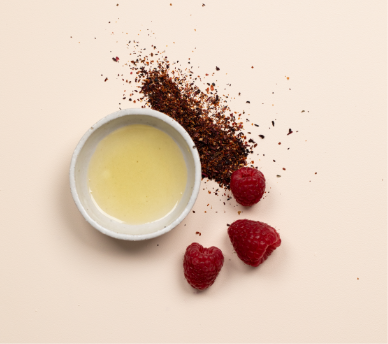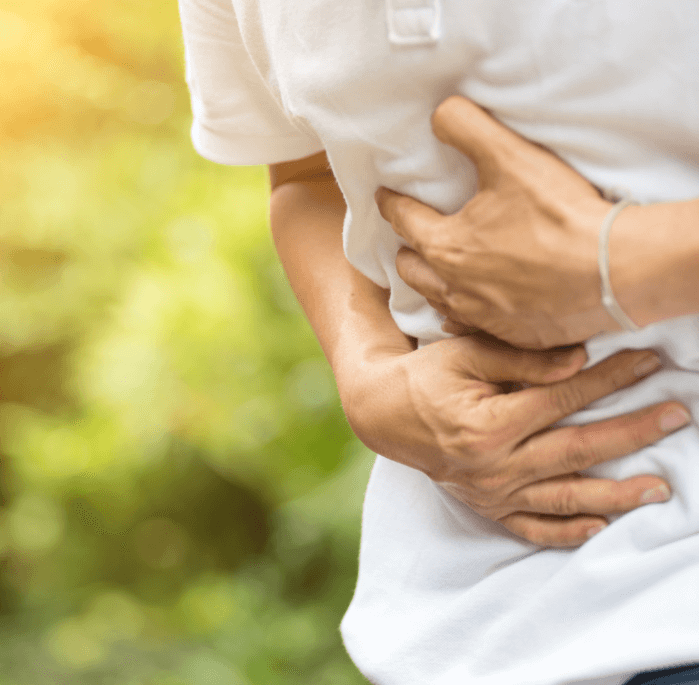Many of us are unaware of the important link between digestive system disorders and diseases such as cancer, arthritis, lupus and even diabetes, just to name a few. ‘You Are What You Eat’ is all too true, and many allergens (including skin issues) have to do with what we’re eating, and when. Overeating, eating unhealthily as well as incorrect food combining all contribute to poor digestive health.
Your Lifestyle and Digestion
Most of us live a fast-paced lifestyle and hardly have time for anything when that annoying alarm clock goes off in the morning, except get dressed and head straight out the door.
This however, can be detrimental to your health. It’s funny because most of us know this, but because we aren’t physically ill, believe that it’s okay and continue to live this way from day to day.
ust because you feel okay and appear to look okay on the outside doesn’t mean that everything is functioning as it should, in fact you would probably be surprised at the turmoil going on inside your body.
Living this kind of fast-paced life for many years without any real regard to your health where nutrition is concerned can lead to all sorts of problems later in life and can even lead to the more serious diseases such as cancer.
It’s a fact that the stomach of almost everyone from the age of two and up is in a permanently ‘shocked’ state because of the chemicals, processes, and growing methods of the foods we consume today. This means that the digestive system is no longer working as it was meant to due to constant abuse by foods our body can’t properly digest. The more you return to organic, healthy, and minimally processed food with minimum travel time, the healthier you and the planet will be!
7 tips to kick-start your digestive system into working properly again!
1. Start the Day Right
To start every day properly, you need to activate your digestive system to produce more digestive juices than it needs to, so that the surplus digestive juice can rid your body of any toxins before your first meal of the day, as well as throughout the rest of the day.
The best way to do this is to drink some warm water as you wake up with half a lemon squeezed into it!Cayenne and ginger can also be added for an extra boost. The reason this drink is so effective is because lemon, ginger and cayenne pepper are all mildly stimulating, meaning they will trick your body into producing lots of digestive juice, but because not much digestion is required for this drink, a large amount of extra digestive energy is produced as well.
Don’t have your first meal for at least 30 to 60 minutes after having this drink. It needs time to wake up your digestive system so give it the time it needs!
2. Keep your Breakfast Light and Nutritious
They say breakfast is the most important meal of the day, which may be true, but it is more what you eat then how much you eat. Unless you are an Olympic athlete or are going to be doing major physical labour all day long, you don’t need to overload your body with a massive breakfast.
If you have a big breakfast and then go sit at a desk all day, the extra calories will not be burned up, meaning you will feel sluggish, not to mention you will be putting major strain on your liver whose job it is to filter all that food once it leaves the stomach.
Rather keep your morning meal light with some fresh fruit or vegetables, because who says veggies are only for dinner? Try juicing them with an apple for a sweet and super nutritious drink or try a berry and banana smoothie. You will feel more energized and light and you will also lose any excess pounds you have been trying to shed. You will also be more alert, say goodbye to ‘brain fog’!
3. Avoid Fluids with Meals
How many times have you had a burger and an ice-cold soda? Don’t worry if the answer is ‘quite a few’, because most of us have. Hopefully though, after reading this, you never do that again. Drinking fluids, especially cold drinks with food will solidify the oily food you have consumed, which will then line the intestines and just hang around in your body.
Unless you do a regular detox, this build-up of food won’t budge and if you make a habit of drinking cold drinks with meals, even more food will collect and continue to line your intestines which increases your chances of digestive system disorders. If this goes on for many years it can even lead to cancer. Pretty scary huh? If you must drink with your meals stick to warm drinks like warm herbal teas or sip slowly on water that is at room temperature. Green tea is an especially good choice due to its cleansing effect on the body and high concentration of antioxidants.
When green tea is had alongside a meal it will burn up calories faster, because it speeds up the metabolic rate, which causes the liver to function more efficiently. It may also reduce the risk of food poisoning, because it prevents the growth of bacterial strains such as E.coli and promotes the growth of intestinal-friendly bifidobacteria.
Make sure to drink green tea when eating a smelly garlicky meal as green tea prevents bad breath by killing oral bacteria.

4. Take a Probiotic Everyday
Our intestinal tract is packed with bacteria that far outnumbers the cells, but don’t worry! This is good bacteria that we need to keep our digestive system healthy and they are called Probiotics. If the good bacteria in your intestinal tract is low, you are more susceptible to infections such as yeast infections as well as more prone to irritable bowel syndrome of which symptoms include diarrhea, gas, bloating and constipation. By taking a daily Probiotic supplement or adding yogurt, which is full of good bacteria, to your diet everyday, you will maintain the health of your digestive tract and everything will remain calm, goodbye gas!
5. Enjoy a Late Night Stroll After Dinner
While doing a heavy workout right after a meal is not recommended, a light walk poses no problem.
In fact taking a walk after eating not only helps you burn some calories quickly, it also aids digestion by quickening the rate that food moves through the stomach. Researchers have also found that a walk for at least 15 minutes 20 minutes after a meal also has a huge positive impact on blood sugar levels, according to a study published in 2009. The study found lower post-meal blood sugar levels in people with Type 2 diabetes than those who did not walk at all. The reason for this is because the light exercise helps to clear glucose from the bloodstream, because more of it is taken up by the muscles.
That’s impressive. Just another excuse to put your walking shoes on!
6. Never Combine Proteins and Carbs
This is something that almost everyone does, because most of us don’t know any better! For example, when you go to a restaurant and you can be sure that your fish will come with a potato or your steak will come with an order of fries.
What you should be having along with a protein instead is a healthy grain or vegetables. Combining proteins and carbohydrates slows down the whole digestive process and causes increased toxicity in people, especially those with weak digestive systems. Carbohydrates inhibit the digestion of proteins!
The more refined the carbohydrate is, such as white flour in your bread roll, the more it inhibits the digestion of proteins. Alternately, the heavier the protein is, such as rich, fatty red meat, the more it is inhibited by the carbohydrates. In order to avoid this simply keep your carbs and proteins separate and ingest them within at least 3 to 4 hours of each other to avoid any problems.
7. Always eat organic, and consider eating Paleo
Consider switching to the paleolithic (paleo) diet (a way of eating that does not contain any grains, legumes, or dairy, and focuses on 100% organic fruit, veggies, nuts, healthy oils, and grass-fed meats) eradicates many digestive issues, including chronic issues.
8. Bonus Tip! Be nice to your liver
Our liver is a major filtering system that neutralizes any toxins we ingest. These include caffeine, alcohol, tobacco, refined and processed foods, sugar, as well as any substance that our body deems ‘unnatural’. Unhealthy food takes a real toll on our poor liver over time as well as negatively affects all our other organs When too much strain is put on the liver over a period of time, our liver may become overloaded and unable to handle all the excess toxins. This can result in the toxins leaking out into our bloodstream where they can wreak havoc in the body.
Do you feel sluggish, tired and unmotivated most of the time? You might be able to blame it on a sluggish liver. If you improve your liver function, you will in turn improve digestion and feel like a whole new person. You will have tons of energy and be far more motivated to get things done.
I hope these tips help all of you to make healthier tummy-friendly choices that your body will reward you for, by making you feel healthier and happier. If you have any questions or some other tips to share feel free to leave them in the comments below!
Please share this post if you enjoyed it!











